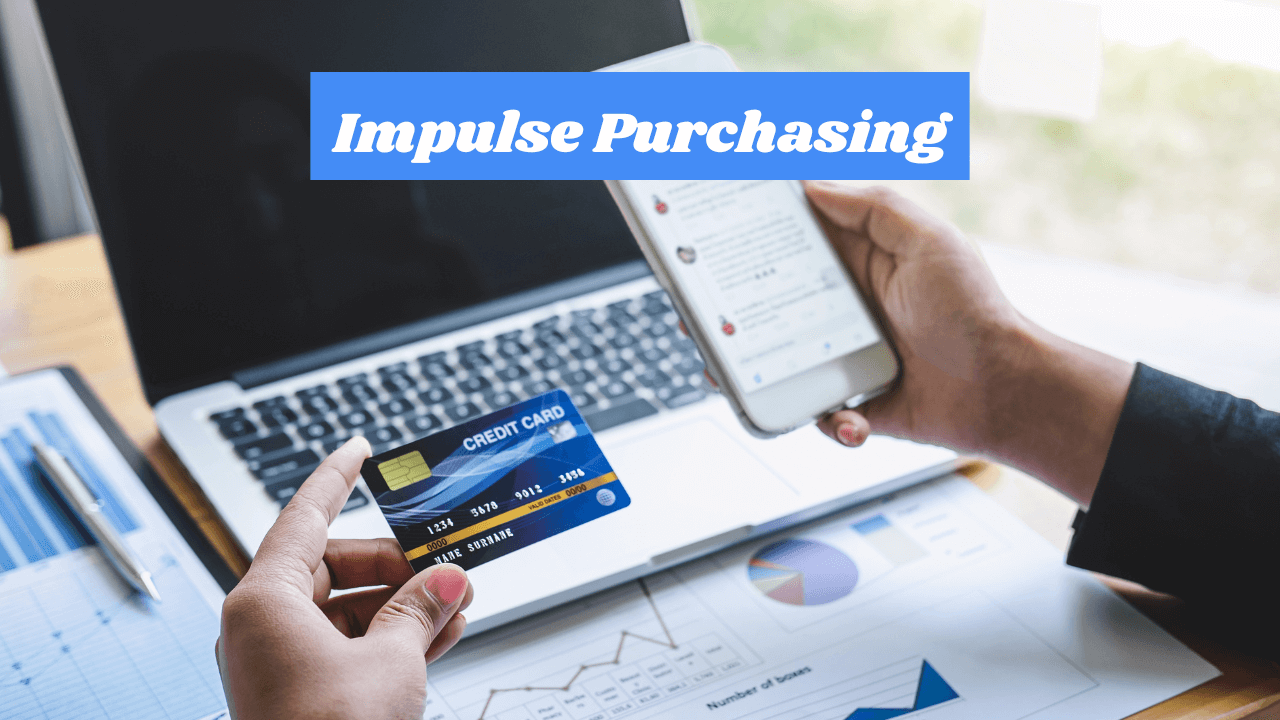Impulse Purchasing: Tips to Control Your Spending and Save Money
Admit it. You’ve been there, standing in a long check-out line, waiting, and your eyes begin to wander. You can’t help it—products line the aisle, so bright and attractive. They offer everything you need, even things you forgot you needed, or maybe just a healthy snack. It’s our emotions which often contribute to these unplanned purchases. It’s so easy to fall prey to purchases that are well intended, or that you think you need at the time, only to regret it later. You soon find yourself thinking: “why in the world did I buy this” or “I shouldn’t have spent the money.” All this may ring even more true if you are having financial trouble or just not saving as much as you should. Here are some tips that can help you control your shopping impulse.
- Think twice. Give yourself some extra time when considering a purchase you weren’t intending to bring home.
- Consider your wants vs. needs. Most likely, these items are just something you want. You’ve survived without it, so continue. Think about wanting to save and what that can mean for you and your family. You’ll probably feel more satisfied if you just put the item back on the shelf.
- Make a list and stick to it. Only purchase what you’ve put on your list, unless you really did forget something.
- For school shopping, don’t stray from the list of supplies the teacher distributed—you’ll end up with unnecessary and unused items.
- Make a rule of not purchasing anything from the checkout line. It’s tempting to toss the magazine you’ve been reading into your cart, but, once again, you don’t really need it.
- Decide how much money you can spend before you leave the house, and only take that amount in cash. Leave your credit cards and checkbook at home.
- Don’t be fooled by clever marketing displayed inside the store. Signs such as “two for one” and “limit three per person” are specially designed to persuade shoppers to buy more.
- Be discriminating when it comes to a “sale.” It’s not a good deal if you don’t need it.
- Be realistic. Sometimes we’re too optimistic about our cooking, for example, and buy exotic ingredients that never get used. This same concept can be applied to many different purchases.
Impulse purchases can really add up, translating into what you could have saved. Following some simple rules you can cut down on those impulse buys and start saving money for more important things.
Takeaway
Struggling with impulse purchases? Christian Debt Services can help you take control of your spending and save money. Contact us today for expert advice and support. Start your journey to financial stability now!

